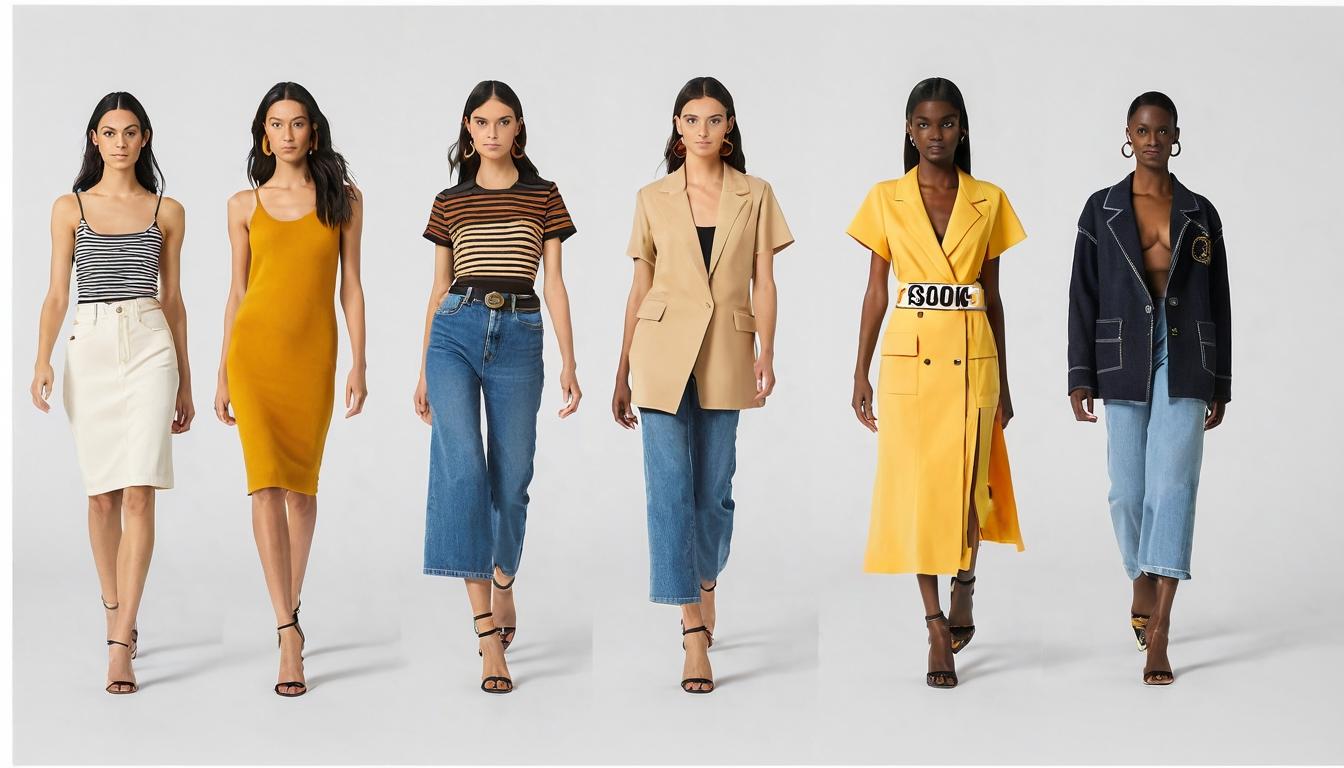In the hushed corridors of fashion's most exclusive ateliers, a seismic shift is underway. It's not about hemlines or color palettes this season—it's about something far more profound. The very fabric of how we consume fashion is being rewoven, thread by thoughtful thread, as the slow fashion movement gains momentum beyond niche circles and into mainstream consciousness.
Walk into any major department store today and you'll find evidence of this transformation. Where fast fashion once reigned supreme, now you'll encounter racks labeled "sustainable," "ethically sourced," and "artisan-made." This isn't mere greenwashing—though plenty of that still exists—but rather the beginning of a fundamental rethinking of fashion's role in our lives and our world. The change is being driven not by corporate boardrooms, but by consumers who've grown weary of disposable clothing and the environmental toll it exacts.
What makes this movement particularly fascinating is how it's manifesting across different socioeconomic strata. While luxury brands like Stella McCartney have championed sustainability for years, the real story is happening at the mid-market level. Brands like Reformation and Everlane have built empires on transparency, showing customers exactly where their clothes come from, who made them, and what environmental impact they represent. This radical openness represents a complete departure from fashion's traditionally opaque supply chains.
Yet the slow fashion revolution faces significant hurdles. The price point of ethically produced clothing remains prohibitive for many, creating what some critics call "sustainability segregation." A handcrafted organic cotton shirt might cost five times more than its fast-fashion equivalent, putting conscious consumption out of reach for budget-conscious shoppers. This economic reality has sparked innovative solutions, from clothing rental services to repair workshops that extend garment lifecycles.
The psychological dimension of this shift cannot be overstated. We're witnessing a collective reevaluation of what clothing means to us. Where shopping was once therapy, it's becoming more like curation. The thrill of the hunt is being replaced by the satisfaction of the find—that perfect piece that tells a story, fits beautifully, and aligns with our values. This represents nothing less than a redefinition of fashion's emotional resonance.
Technology is playing a crucial role in this transformation. Apps that track brand ethics, digital platforms for swapping clothes, and AI that helps create perfect fits are democratizing access to sustainable fashion. The most exciting developments are happening in material science, where researchers are creating fabrics from unexpected sources—mushroom leather, pineapple fiber, and even recycled ocean plastic are moving from novelty to commercial viability.
Perhaps the most compelling aspect of the slow fashion movement is how it's reshaping our relationship with time itself. In an era of instant gratification, choosing clothing that requires research, investment, and care represents a radical slowing down. It's fashion as antidote to modernity's relentless pace, offering not just garments but meaning, connection, and a sense of participation in something larger than ourselves.
The road ahead remains challenging. The fashion industry still generates enormous waste and relies heavily on underpaid labor in developing countries. But the conversation has fundamentally changed. What was once whispered in sustainability conferences is now shouted from runway shows and retail floors. The revolution may be quiet, but its impact is growing louder every season.
The quiet revolution of slow fashion: why conscious consumption is reshaping our closets

